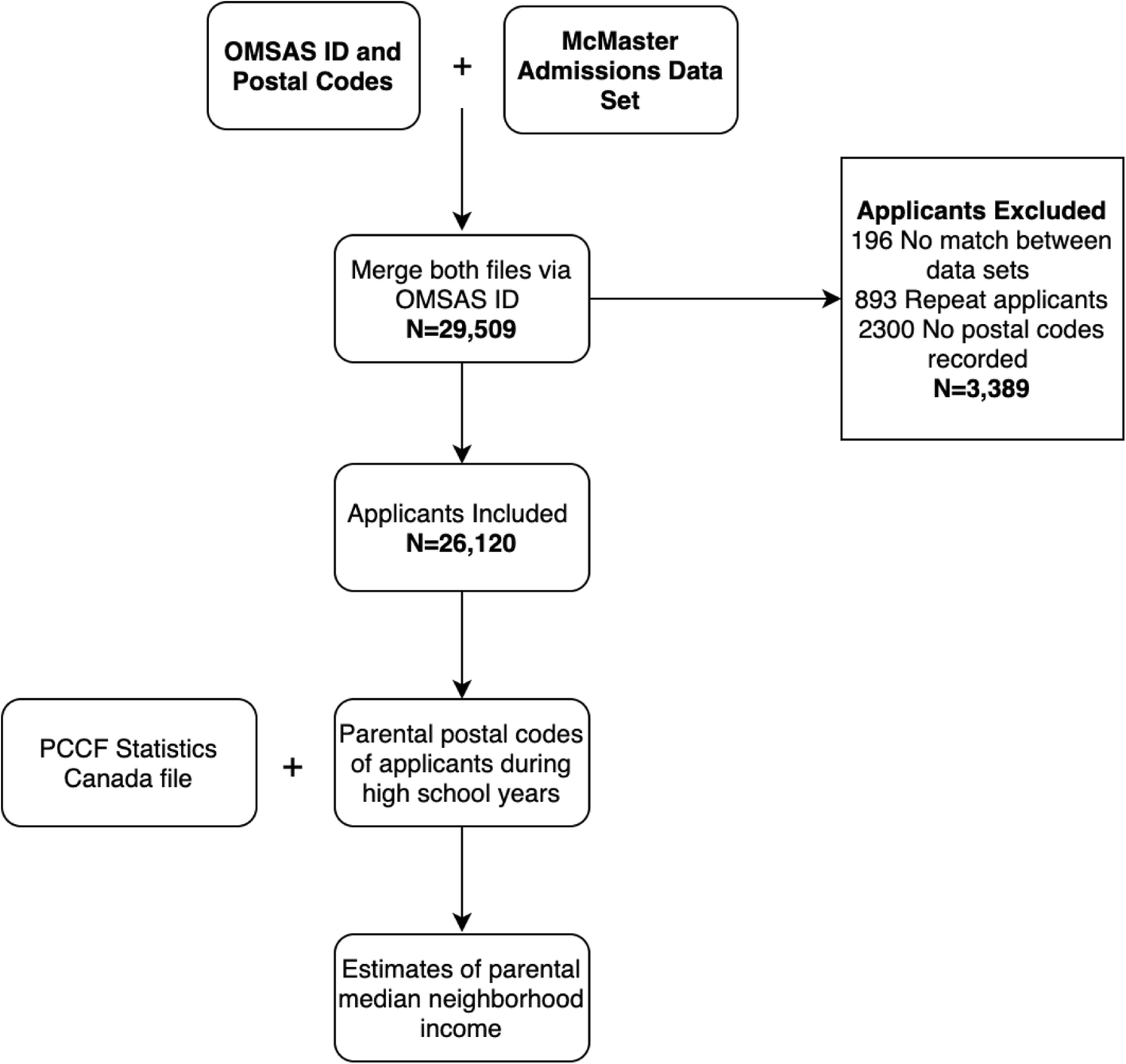yea. this kinda shows what i'm saying but not fully. but on every mcat + urm/orm debate I've seen here and on reddit (like millions of debates and kids calling each other small minded and "go experience the real world" and "its a multilayered issue".)
not once have I seen a table, from AAMC or any other source, structured like the AAMC one. someone link anything, seriously. any table with this structure.
So here are a few reasons why this simplistic table won't appear that relies on the data itself.
1) Defining low or high SES. Currently the AMCAS has SES parental employment/occupation scores that is an important but not absolute indicator of SES. It is a 5 point scale. However if one parent is deceased or unknown, you can't get a score on that parent. So you have to juggle two EO scores or deal with one not reported.
Oh, did I mention one should be able to list multiple parents on AMCAS? If not now, then soon since there are applicants from broken households or had parents remarry, etc.
Other areas of self-disclosure are not reliable as the EO scores (the AAMC studies validating their EO scores in the mid 2010s).
That said I think for admissions studies looking at low SES, they define it as having both parents be EO1. That's maybe 15-20% of the applicant pool at most?
My internal quick analysis suggests the patterns I pointed out in my paper were similar when I looked at a sample of applications when it came to test scores and race or SES, but I didn't have enough applications to really get a significant analysis going. But the results are similar.
2) Race is self-reported, but it has been my experience that this who designate as "prefer not to answer" are ORMs or multiracial. I think AMCAS just changed the race box choices to allow for better disaggregation, which would be more useful than just the typical choices. Regardless it takes a lot of time to validate that data.
3) ORMs. I wrote about that.
"Overrepresented Minorities": A Brief History - SDN
Now do I think there should be proper analysis disaggregation SES and intersectionality therein? I think it would be very nice. The problem is, "Then what?" Every school may have its own definition and mission when it comes to SES and underserved in their community. The big problem is that most students in medical school still represent the upper quartile or quintile of income range in the US. You didn't need to do a study that you requested on MCAT to show that. But a control group with low SES that would take the MCAT without preparation... I don't know if that exists. I think there is a bias within those taking tests towards upper SES anyway.
Just thinking out loud, and I'll consider any other thoughts.




